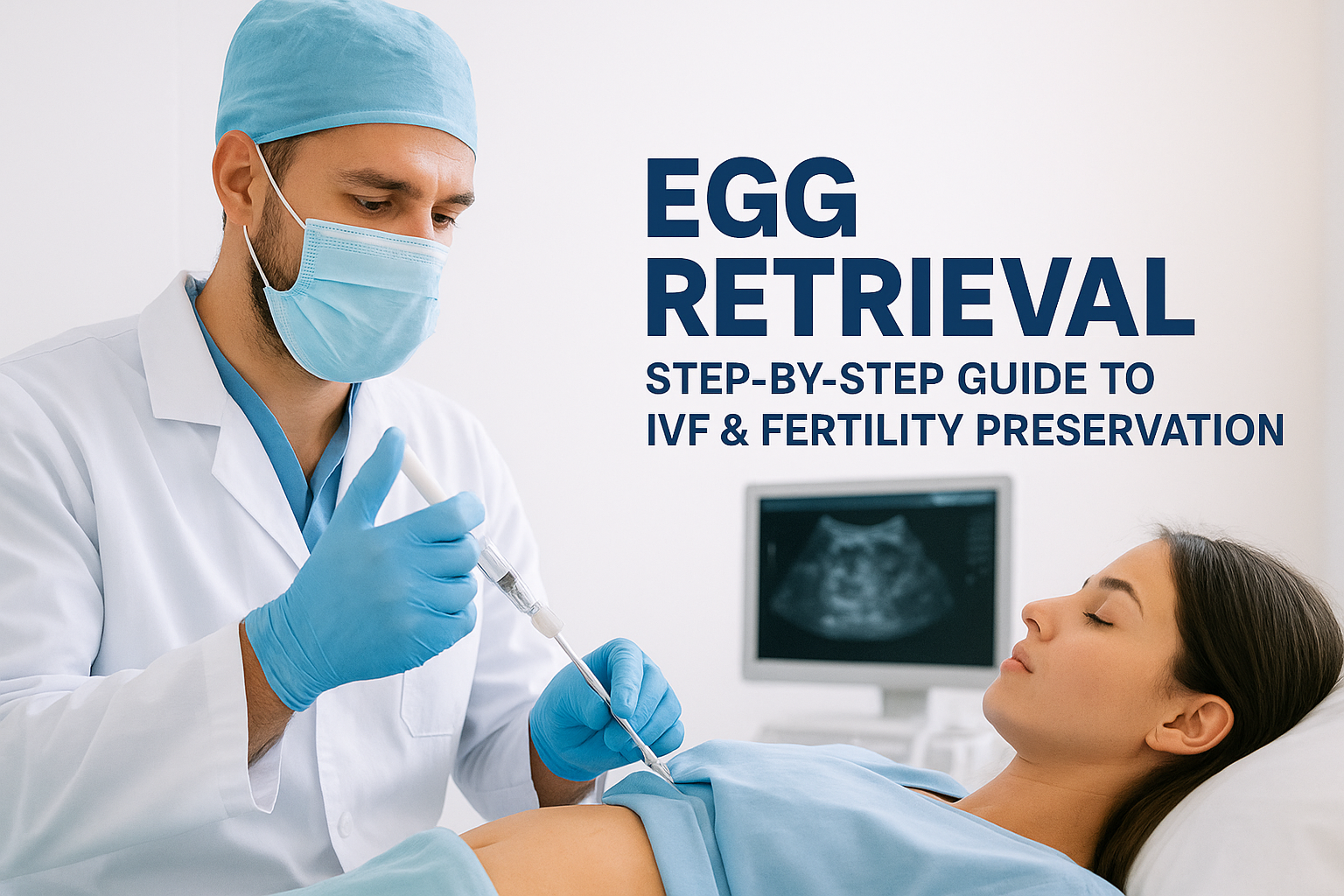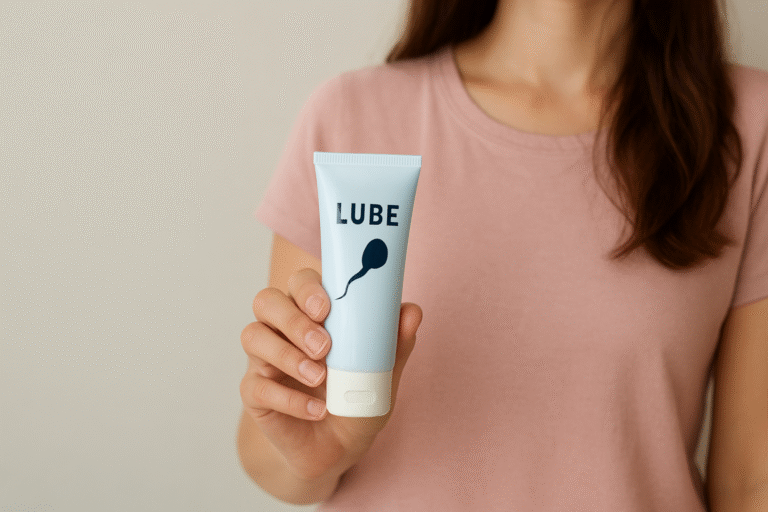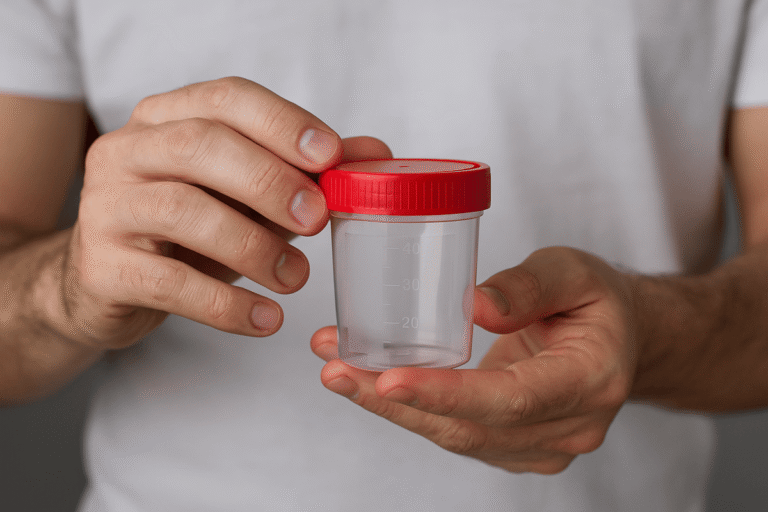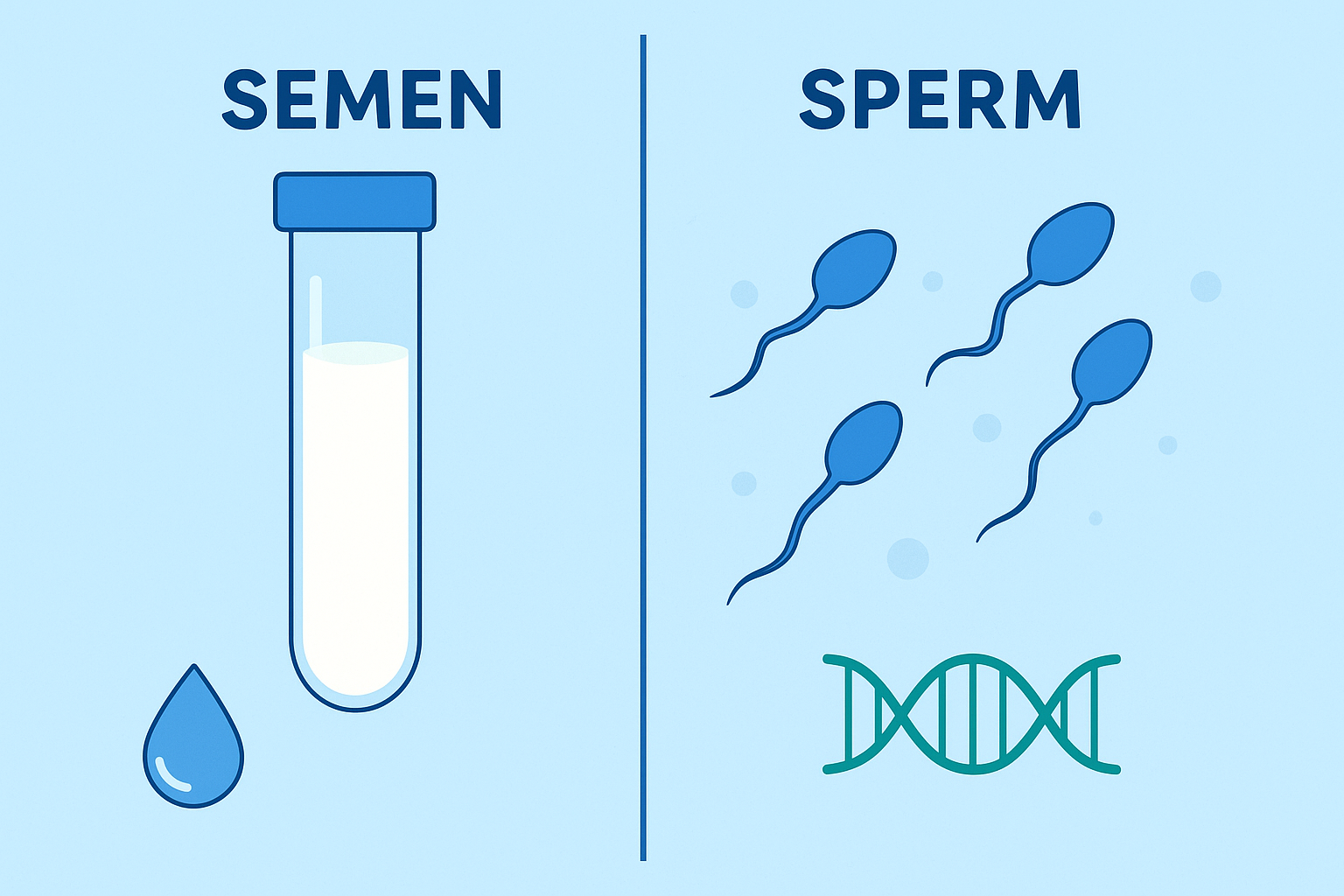When you hear the term egg retrieval, it might sound like something clinical or intimidating. But in reality, it’s one of the most important steps in fertility treatment and egg freezing. Whether you’re going through in vitro fertilization (IVF), preserving your eggs for the future, or just learning about your options, understanding the egg retrieval process can help you feel more prepared and at ease.
In this guide, we’ll break down what egg retrieval is, how to prepare, what happens during the procedure, recovery tips, and common questions people ask. Think of this as your step-by-step roadmap through one of the most vital stages of fertility care.
Also read: Learn about Implantation Bleeding
What Is Egg Retrieval?
Egg retrieval is a minor surgical procedure used to collect mature eggs (also called oocytes) from the ovaries. These eggs are either fertilized with sperm in a lab to create embryos (as part of the IVF process) or frozen for future use in fertility preservation.
Here’s why egg retrieval matters:
- It allows doctors to gather multiple eggs at once, increasing the chances of successful fertilization.
- For women preserving their fertility, it provides an option to delay pregnancy while keeping younger, healthier eggs.
- It’s often one of the most anticipated steps for people going through assisted reproductive technology.
In short, egg retrieval is the bridge between ovarian stimulation and embryo transfer in IVF, or between hormone injections and long-term egg storage in freezing.
Preparing for Egg Retrieval
Preparation is key. Before the procedure, your fertility clinic will guide you through ovarian stimulation, where you’ll take hormone injections (gonadotropins) to encourage your ovaries to produce multiple mature eggs instead of just one.
What to Expect During Preparation
- Regular monitoring: Your doctor will use blood tests and ultrasounds to check how your follicles (the fluid-filled sacs that contain eggs) are developing.
- Hormone medications: These include FSH and LH to stimulate the ovaries and sometimes medications to prevent premature ovulation.
- Trigger shot: About 36 hours before retrieval, you’ll take an injection (often hCG or Lupron) that helps the eggs reach final maturity before collection.
How to Take Care of Yourself Before Egg Retrieval
- Eat well: A balanced diet rich in lean protein, healthy fats, and hydration helps support your body during stimulation.
- Rest: Your body is working overtime, so make sleep a priority.
- Avoid alcohol and smoking: These can impact egg quality and hormone balance.
- Emotional support: Hormones can heighten emotions, so lean on a partner, friend, or support group.
The Egg Retrieval Procedure
Now, let’s walk through the actual day of retrieval. While the idea of a procedure might feel overwhelming, the good news is that it’s short, safe, and done under sedation.
Step-by-Step Breakdown
- Sedation: You’ll be given light anesthesia, so you’re relaxed and pain-free.
- Ultrasound guidance: The doctor uses a thin ultrasound probe to locate the ovarian follicles.
- Needle aspiration: A small needle is inserted through the vaginal wall into the ovary. The eggs are gently suctioned out of the follicles.
- Collection: The eggs are placed in a lab dish for embryologists to evaluate.
The entire process usually takes 15–30 minutes. Most patients wake up feeling groggy but not in pain.
Is Egg Retrieval Painful?
Most people don’t feel pain during the procedure due to anesthesia. Some may experience mild cramping, bloating, or spotting afterward, similar to period symptoms.
Recovery After Egg Retrieval
After retrieval, you’ll spend about an hour in recovery at the clinic before heading home.
Common Symptoms Post-Retrieval
- Mild cramping or abdominal discomfort
- Light vaginal spotting
- Bloating due to enlarged ovaries
- Fatigue from anesthesia
Recovery Tips
- Rest: Take it easy for 24 hours; avoid strenuous activity.
- Stay hydrated: Drinking water and electrolyte-rich fluids can help reduce bloating.
- Heat packs: A warm compress can ease cramping.
- Over-the-counter pain relief: Ibuprofen or acetaminophen is usually safe (but always confirm with your doctor).
Most women feel back to normal within a couple of days, though bloating can linger until after menstruation or embryo transfer.
Risks and Possible Complications
While egg retrieval is generally safe, as with any medical procedure, there are some risks:
- Ovarian Hyperstimulation Syndrome (OHSS): This happens when the ovaries over-respond to medication, causing swelling and fluid buildup. Symptoms can range from mild bloating to severe abdominal pain.
- Infection or bleeding: Rare but possible due to the needle puncture.
- Emotional stress: The anticipation and outcome of retrieval can be emotionally taxing.
It’s important to report severe symptoms—such as heavy bleeding, shortness of breath, or extreme abdominal pain—to your fertility clinic immediately.
What Happens to the Eggs After Retrieval?
Once the eggs are retrieved, the next steps depend on your treatment plan.
- In IVF: The eggs are fertilized with sperm in the lab to create embryos. These embryos can then be transferred to the uterus or frozen for future use.
- In Egg Freezing: The eggs are quickly frozen through a process called vitrification. This preserves their quality for years, giving you flexibility in family planning.
The number of eggs retrieved varies widely. On average, between 8–15 eggs are collected, but the number can be higher or lower depending on age, ovarian reserve, and response to stimulation.
Coping Emotionally and Physically
Egg retrieval isn’t just a physical process—it’s an emotional one, too. Many people feel hopeful, anxious, or even disappointed depending on the number of eggs retrieved.
Here are some ways to cope:
- Acknowledge your feelings: It’s okay to feel nervous or emotional.
- Lean on support: Talk openly with your partner, friends, or join fertility support groups.
- Practice self-care: Gentle yoga, meditation, or journaling can help reduce stress.
- Stay focused on the bigger picture: Egg retrieval is one step in a journey toward building a family.
FAQs About Egg Retrieval
How many eggs are usually retrieved?
It varies, but anywhere from 5 to 20 eggs may be collected.
Can I go to work the next day?
Most people can, but some prefer to take a day or two off for rest.
Do I need multiple egg retrievals?
Sometimes, yes. If you’re freezing eggs or if IVF requires more embryos, your doctor may recommend another cycle.
Will egg retrieval affect my fertility long-term?
No, egg retrieval does not deplete your egg reserve beyond what would naturally be lost in that cycle.
Conclusion
Egg retrieval may feel daunting at first, but understanding the process makes it much less intimidating. It’s a safe, routine, and essential step in fertility treatment and preservation. From preparation and stimulation to recovery and emotional care, each stage is designed to give you the best chance of success.
If you’re considering IVF or egg freezing, remember that every journey is unique. Be gentle with yourself, ask your fertility team questions, and take comfort in knowing that science and medicine have made parenthood possible for millions.
Egg retrieval is not just a procedure—it’s a hopeful step toward your future.
Also read: Natural Conception vs. IVF: Pros, Cons & How to Decide





[…] Before we dive into the ICSI vs IVF comparison, it’s crucial to understand the foundation upon which both are built: In Vitro Fertilization (IVF). […]